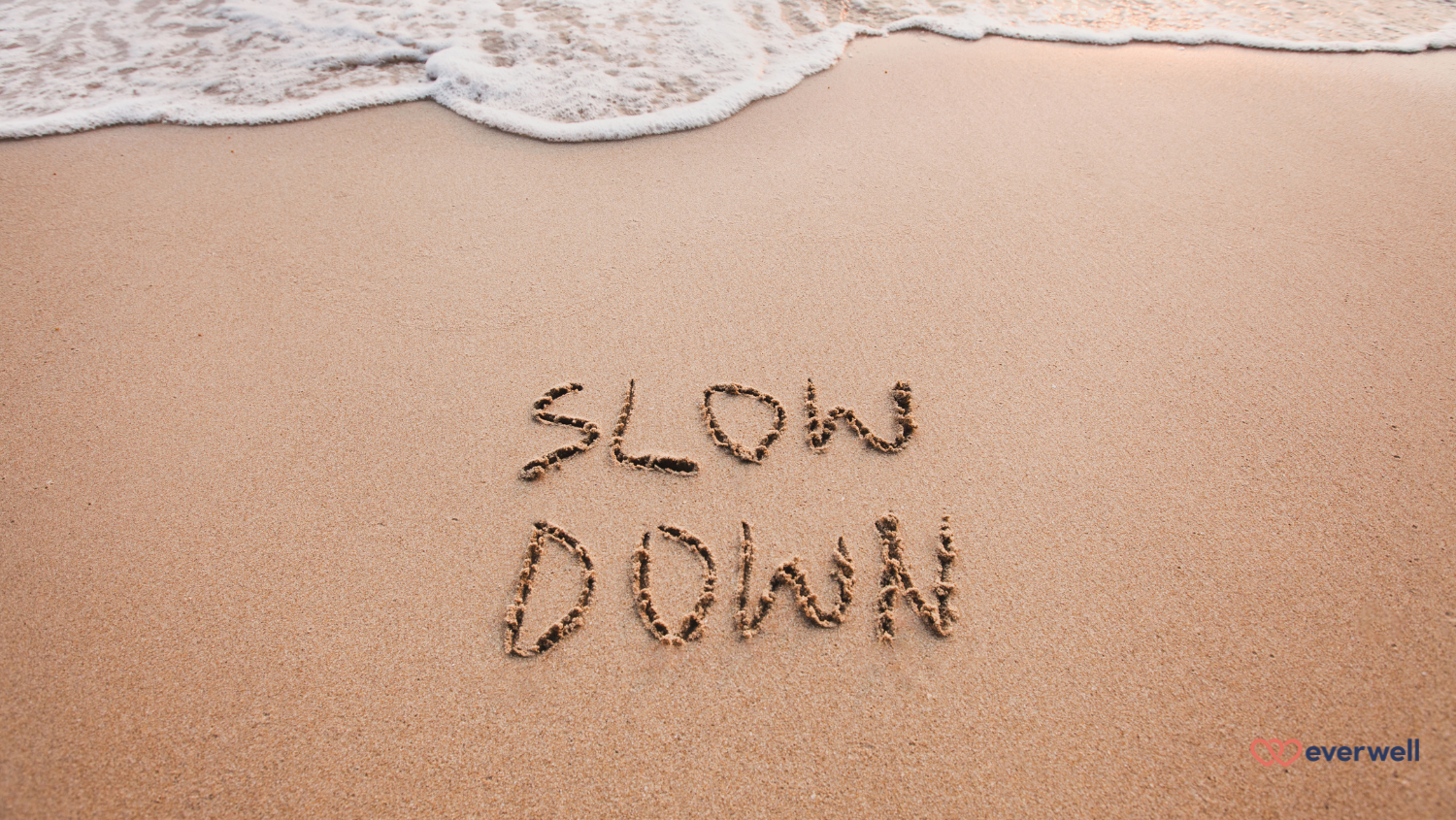Something about the holidays can make emotions feel heavier, and to-do lists more urgent — a phenomenon that can make otherwise manageable triggers feel harder to hold. Giving ourselves permission to be especially compassionate to our needs during these times is the greatest gift we can give.
Read MoreIn a perfect world, mental health would be treated the same as physical health in Canada and it would be covered by a national health system supporting both body and mind. But at this point it is not the case. Many people either pay for their therapy sessions out of pocket or through their work’s benefits programs. Recognizing that sometimes the cost of therapy can be a barrier to a person reaching out for support, many therapists offer affordable counselling to make therapy accessible to as many people as possible.
Read MoreHygge (pronounced "hoo-ga") is a Danish term that refers to a cozy, comfortable, and contented state of being. It is often associated with a sense of well-being, warmth, and togetherness, particularly during the colder months. Journaling about hygge and mental health can be a deeply reflective and calming practice.
Read MoreCultural adjustment goes beyond learning new customs or language. It can bring up deep emotional struggles, particularly when you feel caught between family traditions and the need to adapt to a new culture.
Read MoreIn the wake of the U.S. election news, it would make sense if women, BIPOC, queer, and other equity seeking individuals were feeling some amount of emotional discomfort today. That discomfort could be stress, grief, anger, hopelessness, etc. If this is happening to you, know that you are not alone and that there are other people out there who are also feeling low, or feeling emotionally activated today.
Read MoreMy divorce wasn’t the solution to a mistake, it was the response to evolution. Separating didn’t negate my marriage or challenge the love that carried it for years, it was the necessary next step to ensure my partner and I - and our children - continued to be in our best space possible.
Read MoreSelf-care is not an activity to be checked off a list. It’s a practice of slowing down, tuning in, and responding to our inner needs with compassion. In a culture that values speed and productivity, true self-care often requires us to move in the opposite direction.
Read MoreWhile OCD is often associated with behaviours like needing a clean desk or arranging items symmetrically, many people with OCD face struggles that are less visible but equally distressing.
Read MoreAs parents, this is what all that work of raising our kids has been for - to get them to the point where they are ready to launch and to create an independent life of their own.
Read MoreMindfulness and meditation are two therapeutic powerhouses that can help you reframe your reality, even if not one thing changes in how busy you are this summer.
Read MoreSo much around money fear and shame relates back to the concept of scarcity both in finances and in our lives in general. A scarcity mindset goes beyond fear related to money, and is often expressed as a broader feeling of lack in a person’s life - they might focus mainly on the lack in their life in areas such as time, opportunities, or possessions.
Read MoreOne of the things that may come up for people around this time of the year is setting boundaries and coping with environments or interactions that are uncomfortable. The holidays can be a very joyful time, but that joy can also be uncomfortable or come along with other uncomfortable thoughts and feelings. But how do we know how to cope? How do we know when our coping strategies are healthy?
A lot of the time, when we have difficult emotions, it can feel intimidating to experience them, which is why we may try to intellectualize the discomfort. What if we tried to watch what was happening inside with the curiosity and wonder a child has when they discover something new?
Many couples attempt to communicate about money but find themselves in familiar, unhelpful patterns each time they try. Instead of giving up hope and sweeping these conversations under the rug, it can be really helpful to understand what’s going on under the surface.
Read MoreIf you are neurodiverse or are otherwise struggling with executive functioning – like recovering from burnout, setting a SMART goal can be really difficult even if you have assessed it as attainable. Read on for some alternative ways to goal-set that may be more supportive.
Read MoreSometimes we have responses that are just as quick when we experience a threat. Sometimes we call this a freeze response because our bodies may shut down or feel numb. In this state it is common to feel helpless, trapped, or depressed.
We also have a mammalian part of our brain which developed later. Polyvagal theory says the mammalian brain is responsible for things like co-regulation which means that how one mammal acts effects another.
Read MoreIt is commonly understood that good sleep is a component of a healthy lifestyle. But how does sleep tie into our mental health? Let’s take a closer look.
If you’ve ever struggled with insomnia, fatigue, or sleeplessness you know that these things can lead to low mood, irritability and difficulty managing stress.
Read MoreOvernight, our homes became our offices, classrooms, playgrounds, spas, restaurants, movie theatres and whatever other function you had to fashion out of four walls. It’s now April 2022 and along with the flowers, new hope is budding. We are emerging from a 2-year hibernation, and we finally seem to have the space to look around and reassess our spaces.
Clearing the physical clutter and build-up can be an amazing nudge towards clearing out the mental clutter and mess that this pandemic has left in its wake.
Read More
“Window of tolerance” refers to a zone of 'arousal' or stimulation in which people are able to function and thrive in everyday life.
In this blog post we’d like to use this concept to help you develop some awareness of the cues that your body and mind may be sending you when you are outside of your window of tolerance.
Read MoreStress is a reality for all of us. There is no way to get through life without dealing with stress.
On the one hand, it is helpful to approach stress with acceptance in order to live with as much ease as possible. On the other hand, when dealing with large amounts of constant stress, it is important to realize that it doesn’t always have to be this way.
Read More



















